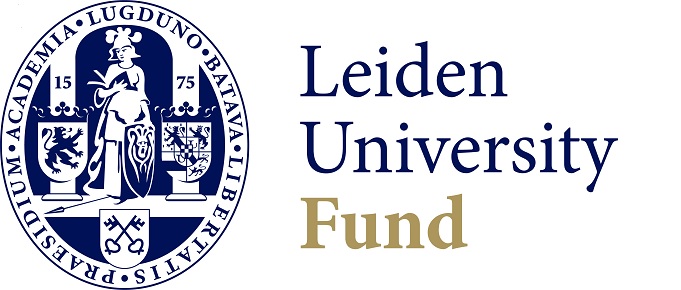
Urgent research projects funded with three large grants
Misleading graphs, the erosion of democracy and the weakening of bones as a side-effect of medication. Researchers are starting work on these very topical problems, funded by subsidies from the Leiden University Fund (LUF), and the Praesidium Libertatis I Foundation, awarded on Monday 12 October.
The LUF has allocated 325,000 euros to three research projects that will be conducted over the coming fifteen months to two years.
Using factchecks to combat misleading graphs
The LUF Lustrum Grant of 150,000 euros has been awarded to Professor of Science Communication Ionica Smeets and assistant professor Sanne Willems at the Faculty of Science, together with fake news researcher Peter Burger at the Faculty of Humanities. They will be combatting the use of graphs with stretched axes, hidden data or other tricks that give a biased impression of the underlying data. In the current corona crisis, social media is swamped with these kinds of misleading data, the researchers say in their funding application.
The team will explore how best to counter misinformation: with a better graph or a clear explanation. Their approach: in the first experiment, six hundred people will first be shown a misleading graph and then an explanation or a better graph. After this they will be asked to explain what they have remembered and what their opinion is of the topic. The researchers will then carry out a second experiment with people who they know have difficulty interpreting graphs. These are the people most susceptible to misleading graphs.
Keeping the holders of power in check: from small communities to large states
The Snouck Hurgronje Grant of 150,000 euros went to a team of researchers from three faculties: Honorata Mazepus (Governance and Global Affairs), Wouter Veenendaal (Social and Behavioural Sciences) and Anne Heyer (Humanities). Their study will be the first to examine the role of scale in how institutions such as the media, parliament and the law operate.
The researchers believe that political leaders in countries such as Poland, the United Kingdom and the US are actively weakening these institutions. They want to use their research findings to formulate concrete recommendations for strengthening institutions and increasing citizens' trust in democratic politics.
The researchers will carry out three inter-connected studies, where they will look at the historical context: in earlier times, people lived in small, non-state-governed communities. To gain a good understanding of more recent history, they will look at the debate on scale and institutions in archives of newspapers and party conferences. Each sub-project will compare different countries: the Netherlands, Poland and the US, for example.
A healthy skeleton in spite of medication containing glucocorticoids
The Praesidium Libertatis Grant of 75,000 euros was awarded to researcher in internal medicine Liesbeth Winter from the LUMC. She believes there may be a relatively simple way of alleviating a negative effect of medicines that treat rheumatism, asthma and other inflammatory diseases. Many people who take synthetic glucocorticoids like prednison over an extended period suffer from osteoporosis. These substances also occur in the body naturally, in the form of the stress hormone cortisol. The amount circulating in the body varies over the course of a 24-hour period and there is also a day-night rhythm.
Dr. Winter discovered that osteoporosis arising from the use of medication is caused not only by high doses of the medication but also by the disruption to the natural day and night rhythm that glucocorticoids normally follow in the body. She intends to use her subsidy to study whether it is possible to reduce the disruption to the day and night rhythm, preserving the anti-inflammatory effect of the medication but without causing the adverse effects on bones.
The first annual Snouck Hurgronje Grant for interfaculty research or teaching projects was awarded in 2019. This year, the LUF decided to combine the application procedure for this grant with the procedure for the LUF Lustrum Grant, which is also intended for interfaculty and socially relevant projects.The Lustrum Grant was already partially awarded in the spring of this year. LUMC Professor of Molecular Virology Eric Snijder received 125,000 euros for his research on the treatment and prevention of infections with coronavirus.
In 2020, for the very first time, the LUF offered young talented researchers the opportunity to receive a grant from the Praesidium Libertatis I Foundation. The University aims to help them (further) develop innovative and original research ideas and thus also to open the door to larger grants.
